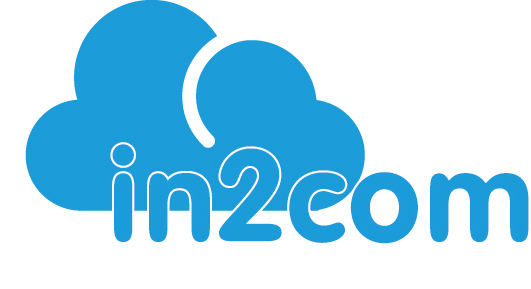Cultural Adaptability at Work: Tips for International Travel Nurses to Smoothly Blend in
If you’ve just got your Associate Degree in Nursing, passed the NCLEX, and got your nursing license, then you are ready to hit the road as a travel nurse. As a travel nurse, you’ll likely be working with a diverse team of professionals and patients from different backgrounds, which can be both exciting and challenging. To succeed as a travel nurse, you must adapt to new cultures and environments quickly. But how? Well, fear not, for we’re here to help you navigate through the challenges of cultural adaptability at work.
Research the Local Customs, Traditions, and Healthcare Practices

First of all, it’s a must for you to research and familiarize yourself with the local customs, traditions, and healthcare practices. This knowledge will not only help you navigate your new workplace but also build rapport with patients and colleagues. Start by understanding the broader cultural context of your destination. What are their social norms? Next, delve into the specific healthcare practices of your host country. Familiarize yourself with their medical protocols, treatment approaches, and any unique challenges they may face in providing care.
Be Open-Minded and Flexible
Being open-minded and flexible is an essential trait for international travel nurses who want to smoothly blend in with the local culture. It’s important to approach new experiences with a willingness to learn and adapt. One way to demonstrate openness is by embracing different perspectives and ideas. Flexibility is equally crucial when it comes to adjusting your work practices. Healthcare systems vary across countries, so being able to adapt your skills and knowledge is vital. Embrace the chance to learn new procedures or techniques from your fellow healthcare professionals abroad.
Engage in Cultural Sensitivity Training
During cultural sensitivity training sessions, nurses learn about the values and beliefs of the local community. They develop an understanding of how these factors influence healthcare practices and patient interactions. This knowledge enables them to provide culturally competent care that takes into account the unique needs and preferences of each individual. Furthermore, cultural sensitivity training helps nurses recognize their own biases and assumptions. It encourages self-reflection and promotes empathy towards patients from diverse backgrounds. By embracing different perspectives, travel nurses can foster trust with their patients while delivering high-quality care.
Build Genuine Relationships With the Local Community and Colleagues

Building genuine relationships with the local community and colleagues is essential for international travel nurses to smoothly blend in. When you take the time to connect on a personal level, it not only enhances your cultural understanding but also fosters a sense of belonging and support. One way to build these relationships is by actively participating in social events or gatherings within the community.
Whether it’s attending local festivals, joining sports clubs, or volunteering for community projects, immersing yourself in these activities allows you to meet new people and learn about their traditions and values firsthand. In addition to engaging with the wider community, forging strong bonds with your colleagues is equally important. Take the initiative to get to know them beyond work-related conversations. Schedule regular coffee breaks or lunch outings where you can have casual conversations and share experiences.
Being culturally adaptable as an international travel nurse is critical for providing quality care while respecting the values of each patient. By researching local customs, remaining open-minded, participating in cultural sensitivity training, and building relationships within the community, you’ll pave the way for a successful cross-cultural nursing experience that benefits both yourself and those under your care.
…


 Tax debt relief is the process of reducing or eliminating your tax debt. There are several ways to do this, including negotiating with the IRS, filing for bankruptcy, or using an (OIC) offer in compromise.
Tax debt relief is the process of reducing or eliminating your tax debt. There are several ways to do this, including negotiating with the IRS, filing for bankruptcy, or using an (OIC) offer in compromise. There are several different types of tax debt relief, as mentioned above. Some common options include:
There are several different types of tax debt relief, as mentioned above. Some common options include: If you are struggling with tax debt, the best thing to do is seek professional help. A tax professional can help you evaluate your options and find the best solution for your situation. They can also help you negotiate with the IRS and file the necessary paperwork. Getting help from a tax professional can provide peace of mind and help you get back on track.
If you are struggling with tax debt, the best thing to do is seek professional help. A tax professional can help you evaluate your options and find the best solution for your situation. They can also help you negotiate with the IRS and file the necessary paperwork. Getting help from a tax professional can provide peace of mind and help you get back on track.


